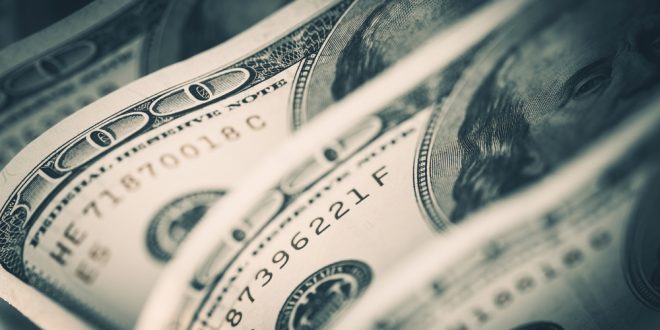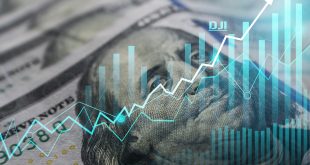The dollar recorded its highest level in several months during trading against most major currencies today, Friday, supported by a wave of optimism about better US economic data, the distribution of Corona virus vaccines, and higher Treasury revenues.
The euro recovered slightly ahead of German business confidence data due to be released later today, but expectations for the common European currency deteriorated due to renewed general isolation measures aimed at combating the Coronavirus and a slowdown in the rate of vaccination from the virus across the European Union.
The dollar has more room to rise against the euro, but its gains against the rest of the currencies in the past few weeks have been very fast, so some analysts warn against expecting higher levels of the dollar than the current ones.
Against the euro, the dollar fell to $1.1778, but it is still near its strongest level since November of last year.
The US currency traded against 0.9399 Swiss francs, holding on to a 0.5% gain it made in the previous session.
The British pound was one of the currencies excluded from the dollar’s gains, as it rose to $1.3762, after increasing 0.4% on Thursday. Data due for release later on Friday is expected to show a rebound in UK retail sales, which could give the currency more support.
US jobless claims fell to their lowest level in a year last week and President Joe Biden said he would double his vaccine distribution plan after reaching his previous goal of 100 million doses 42 days ahead of schedule, and the two things boosted optimism about the dollar.
The dollar index against a basket of six major currencies scored 92.769, near the highest level in four months. For the week, the dollar index is heading towards a 0.9% gain.
Traders will check data on personal consumption in the US due out later in the day for any hints about the strength of the US economy.
The Australian and New Zealand dollars offset sharp losses incurred earlier in the week.
Analysts said the two currencies will likely remain supported due to their relative success in curbing the economic fallout from the coronavirus pandemic.
 Noor Trends News, Technical Analysis, Educational Tools and Recommendations
Noor Trends News, Technical Analysis, Educational Tools and Recommendations





